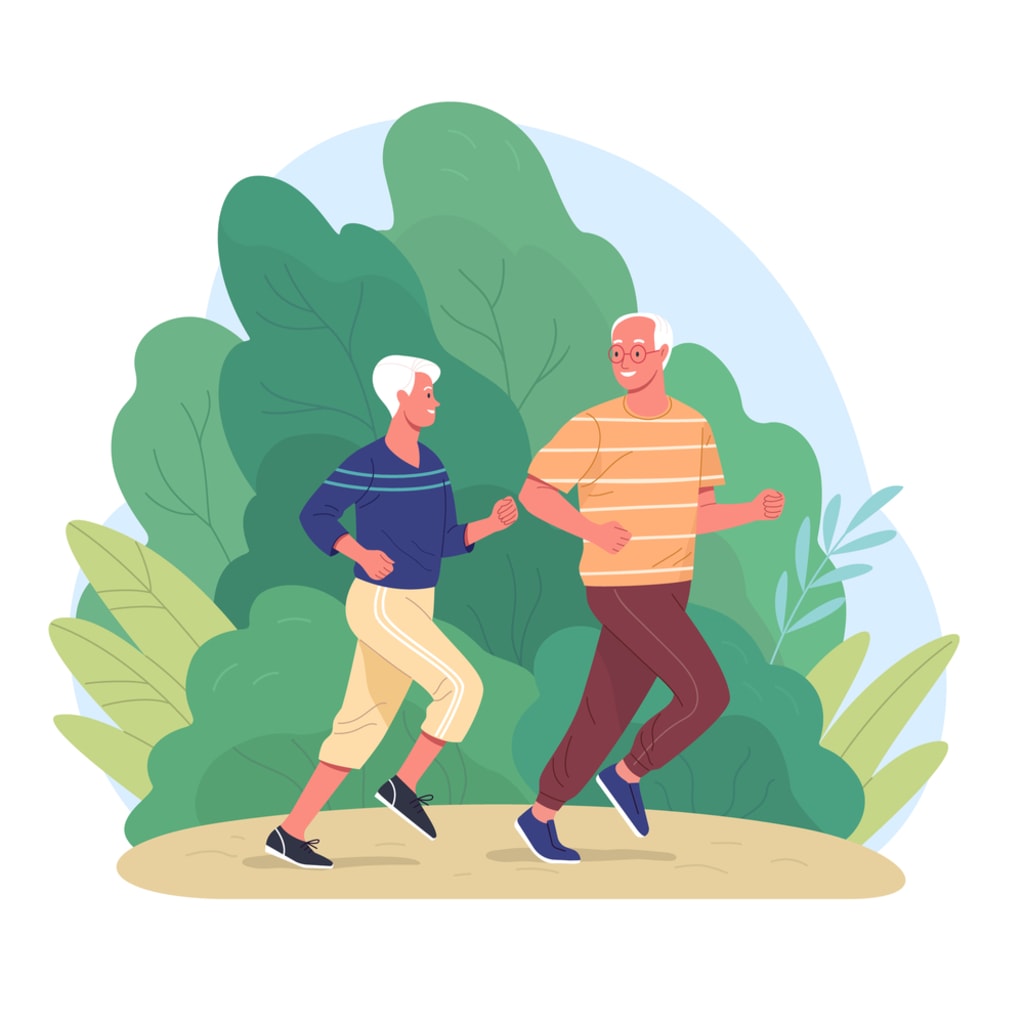
John Robbins wrote a book called Healthy at 100. It's a terrific novel, full of suspense, and the subject is precisely what the title implies. The issue of this book is how to live a healthy life at the age of 100, which most people find incredible. Is it possible to be healthy? Can you withstand adversity? Is it possible to have energy at the age of 100? And the answer is unequivocal yes.
So, how did John Robbins come up with the idea for this book? It's a fascinating topic. He examined civilizations, areas in the globe where vast numbers of people survive to be quite old, both personally and with his study helpers. But not simply live to be old, because, you know, living to be old while being feeble is not much fun.
John Robbins looked into regions where many extremely elderly individuals were also powerful, active, healthy, and happy. There is a tremendous difference between being 90 years old and being in a nursing home when you're frail and unwell and miserable. That's a horrible way to live your life. But if you're 90 years old and out jogging and feel terrific, that's amazing.
So, it is true that there are societies like this and that there are also many individuals who are like this. And when I say a lot, I don't mean a lot by proportion. It only accounts for a tiny percentage of the world's population. But I'm not sure that there are thousands of individuals like this, maybe hundreds of thousands, even millions, of people like this. What I don't know is what the precise number is. However, you can track down these individuals. It is possible to find specific cultures where there are many them. After that, you may look for people.
Thus, John Robbins was very interested in this and wanted to know why this was the case. It's hard to understand why some people live long, healthy, vital lives. It is hard to understand why some people are so strong when older and live so long. Some people are 60 years old, but they're already worn out. They are already sick and tired. What is the difference? So he looked at different groups. One of the groups was people who lived on the island of Okinawa in Japan. They were people who lived in the past.
As far as we know, Okinawa now has a lot of modern cultures and a lot of American influence because of the war. And they don't live so long. They're also not very healthy. But the kind of people who live in Okinawa in a traditional way, the way they have for a long time, is unique. Many of them live a very long time. They're very strong and healthy. At the age of 80 or 90, they still work hard and physically. They work on farms and do other hard things.
He studied another group of people in Pakistan, the same thing. They lived to be 90, 100, over 100, and the whole time they’re working, doing heavy, hard, physical work. It’s pretty amazing. And then another thing they did is they studied individual people.
We can discover a great many people that are like this. They're all doing comparable things. There's a good explanation behind this. Do you recall the expression "it's not a game of chance"? It's not a game of chance at all. It's not a matter of luck.
Paul Bragg's father and mother did not live very long or very robust lives. Thus, it is not the fault of the Braggs' family members. It's something they're currently working on. The title of this book, Healthy at 100, is a reference to this concept. Cancer is one of the topics that they cover in the book. What causes some individuals to get cancer at a high rate while others develop cancer at a very low rate?
Living a healthy lifestyle
A significant portion of the book is focused on cancer, and it examines the leading cause, or one of the primary causes, of the disease. Essentially, he is referring to a large amount of cancer-related studies. And this is what they discover as a consequence of their investigation, the primary outcome. The more animal food you consume, including meat and dairy products, the greater your chance of developing cancer and the greater the cancer incidence. The less you consume, the lesser your risk of developing cancer. As a result, devout vegetarians, sometimes known as vegans, have the lowest cancer rates of any group on the planet. According to the World Cancer Research Fund, individuals who consume large quantities of meat, drink large amounts of milk, and consume large quantities of cheese have the highest cancer rates.






Comments
There are no comments for this story
Be the first to respond and start the conversation.